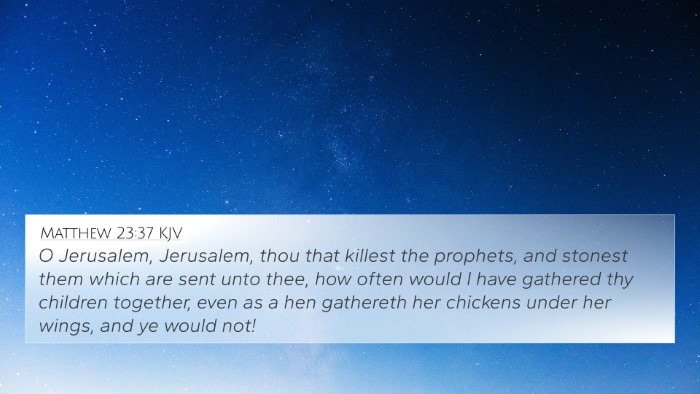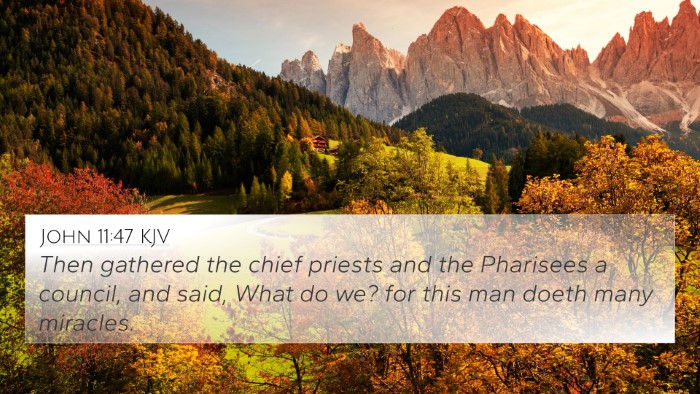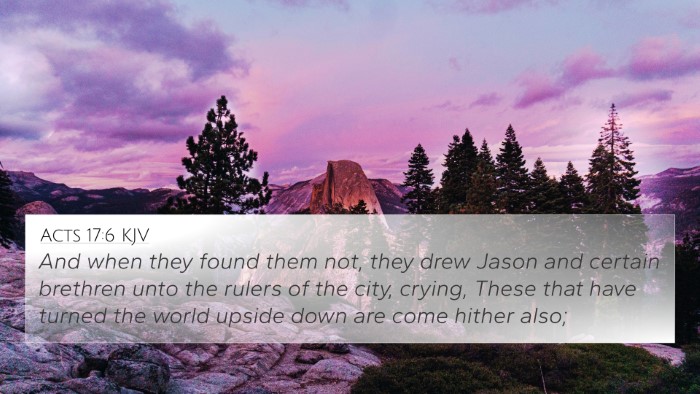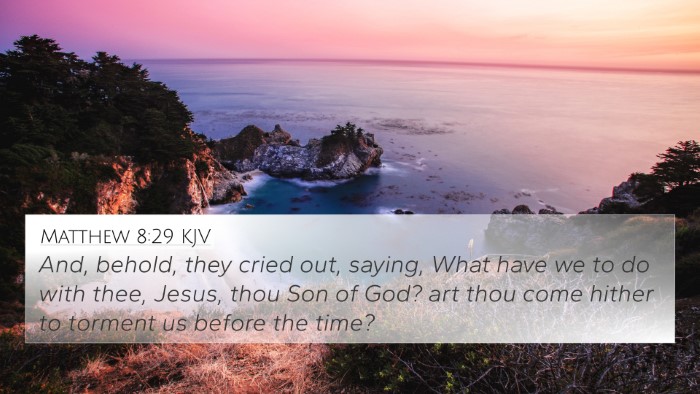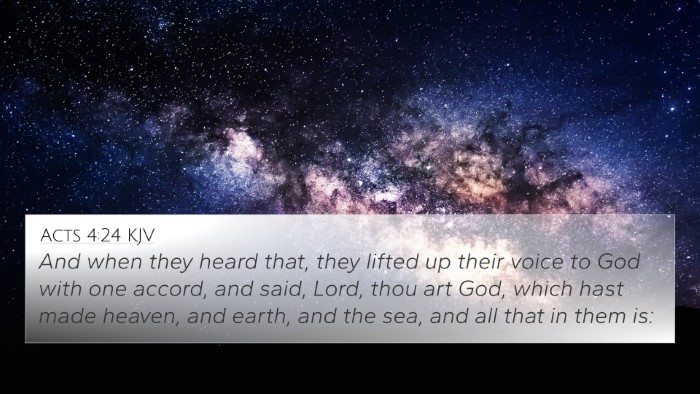Understanding Matthew 2:3
Matthew 2:3 (KJV): "When Herod the king had heard these things, he was troubled, and all Jerusalem with him."
This verse marks a critical moment in the narrative of the visit of the Magi to see the newborn King, Jesus. It highlights the reactions of King Herod and the people of Jerusalem to the news of Jesus' birth. Below is a comprehensive analysis and interpretation drawn from public domain commentaries including those by Matthew Henry, Albert Barnes, and Adam Clarke.
Verse Context
In the broader context of Matthew 2, the arrival of the Magi has stirred great distress among the authorities, signifying the unusual and unsettling nature of Jesus' birth. The reactions outline a theme of opposition to the divine plan, expressed through Herod’s misplaced fear and the impact on the people.
Commentary Insights
-
Matthew Henry: Highlights Herod's fear and jealousy, emphasizing that such emotions are often prompted by the threat of losing power. His perturbation is indicative of a ruler who feels his authority is being challenged. Henry notes that Herod's alarm reflects a lack of faith and understanding.
-
Albert Barnes: Points out that the trouble of Herod and Jerusalem is twofold: it demonstrates the political unrest and the spiritual ramifications of the Messiah's birth. Barnes suggests that the reaction illustrates the struggle between earthly kings and the sovereignty of Christ.
-
Adam Clarke: Discusses how Herod, known for his ruthlessness, now displays a fear typically associated with guilt. Clarke illustrates that the entire city shares in this distress, which serves to underline both the messianic significance of Christ's birth and the moral confusion of the time.
Thematic Connections
This verse connects to several major themes in Scripture:
-
The Nature of Opposition: Herod’s reaction foreshadows the ongoing hostility Jesus would face as King, indicating that the arrival of Christ often invokes fear in those who oppose God’s kingdom.
-
The Promise of the Messiah: This verse underscores the tension between divine promise and earthly power, cultivating an awareness of the prophetic significance of Jesus' birth (Isaiah 9:6).
-
Fulfillment of Prophecy: This event relates back to Micah 5:2, which foretold that the Messiah would come from Bethlehem, thus aligning with Matthew’s narrative structure.
Cross-References
This verse can be connected to several other biblical passages that enrich its meaning, including:
- Isaiah 7:14: The prophecy of a virgin conceiving a son.
- Micah 5:2: Bethlehem as the prophesied birthplace of the ruler in Israel.
- Matthew 1:23: The prophecy of Immanuel, God with us.
- John 1:10-11: The world's rejection of Jesus despite His coming.
- Luke 2:34-35: Simeon’s prophecy concerning Mary’s sorrow as her Son’s mission unfolds.
- Revelation 12:4: The dragon (representing evil) attempting to destroy the child (Christ).
- Acts 4:24-30: The disciples acknowledging the geopolitical turmoil and God’s sovereignty over it.
Conclusion
Matthew 2:3 serves as a crucial juncture in the Gospel narrative, revealing Herod's troubled heart and foreshadowing the conflict to come. This verse and its counterparts throughout Scripture invite us to reflect on the themes of power, prophecy, and the transformative impact of Jesus' birth on religious and political landscapes.
By studying these connections through tools for Bible cross-referencing and thematic analysis, we can better understand the depth of scripture and its implications for our faith journey.



